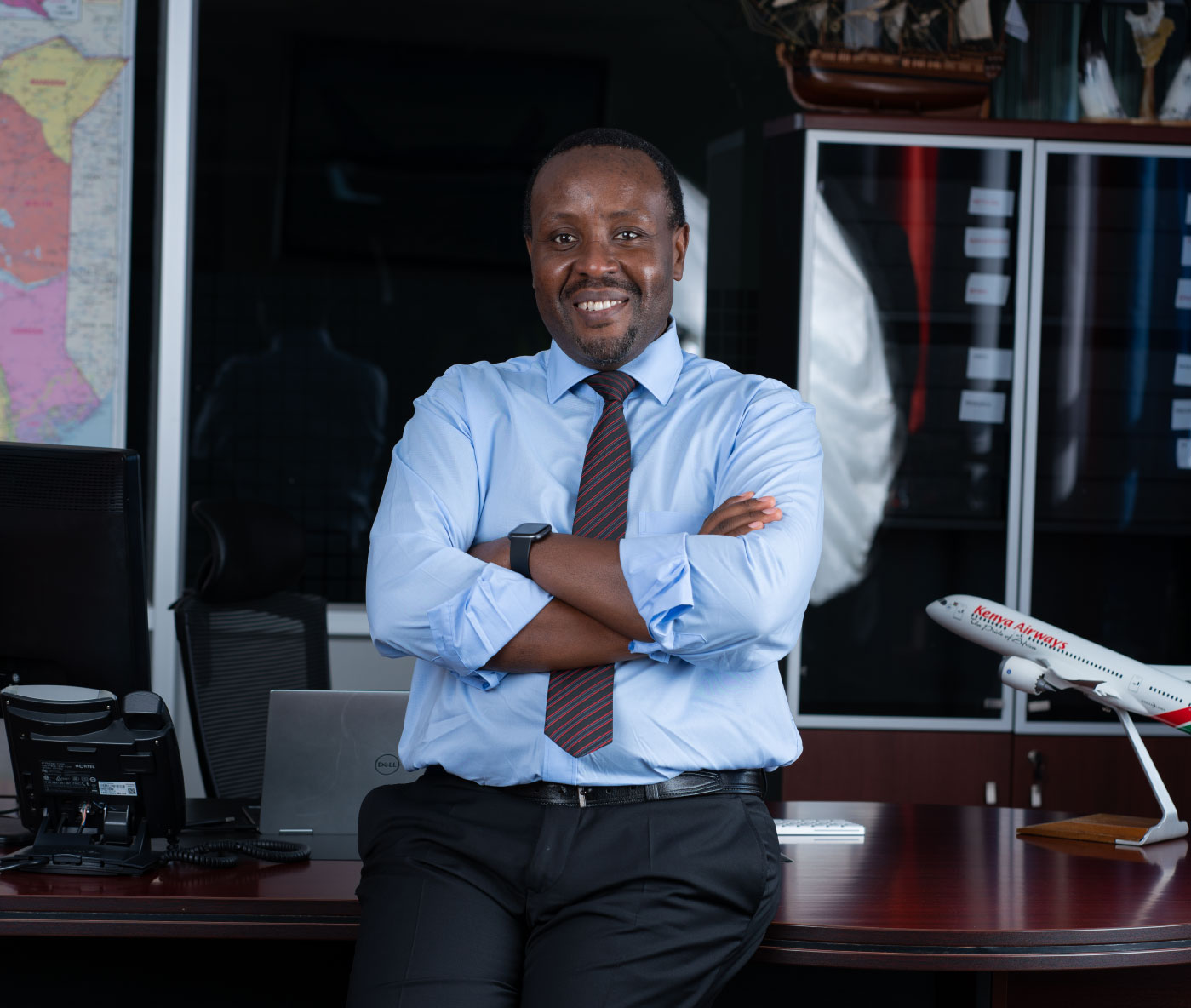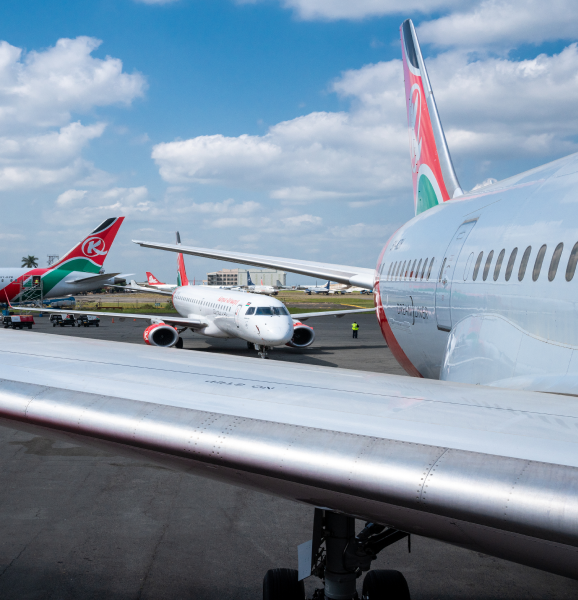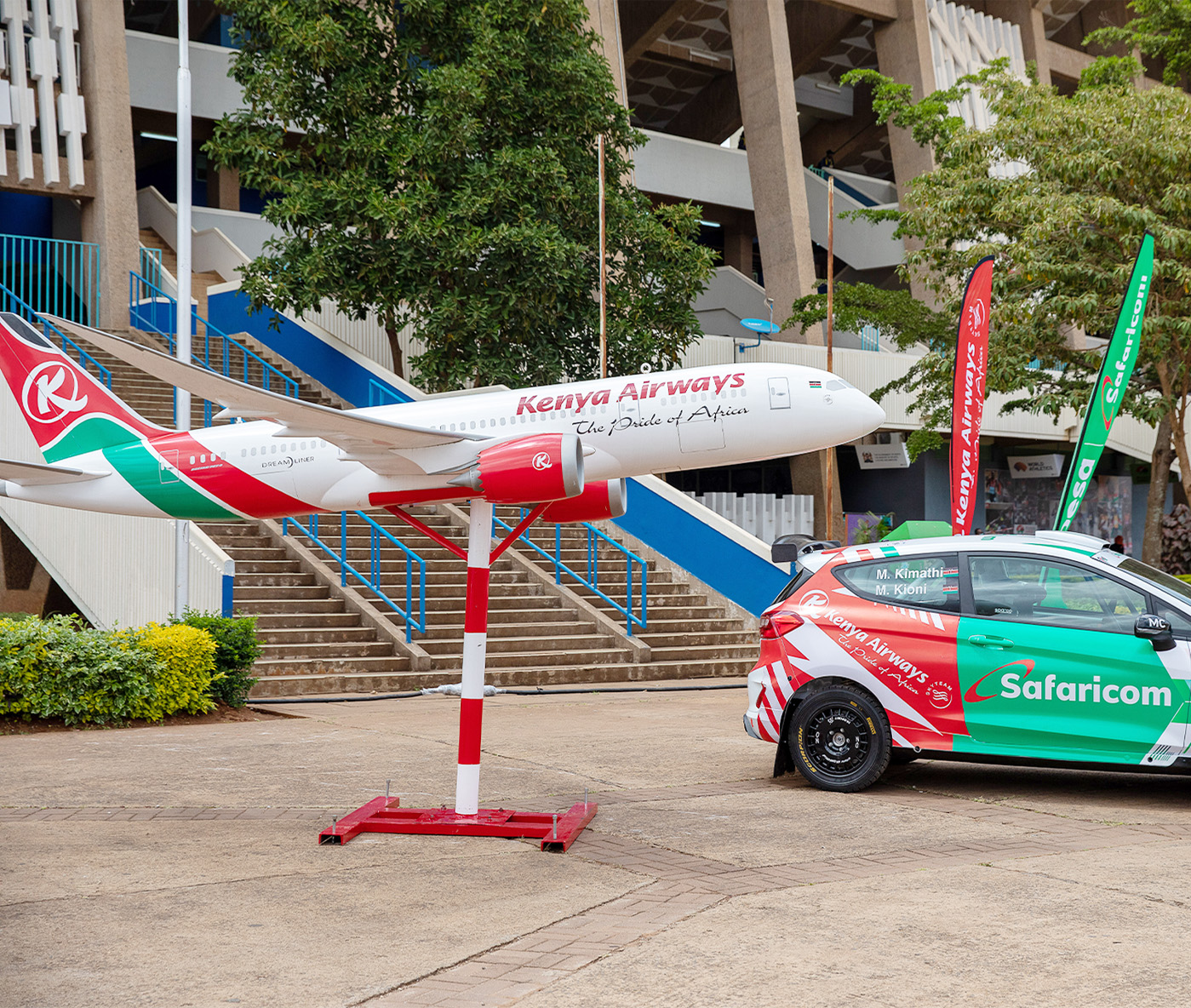06 Sep 2023
Giving Dignity to the Last Minute, Last Flight
In the busy world of air travel, Lois stands out for her unique role at Kenya Airways. She spends her days talking about a topic that most would rather avoid: death. Lois handles human remains, ensuring that loved ones find their way back to their final resting place with care and compassion.
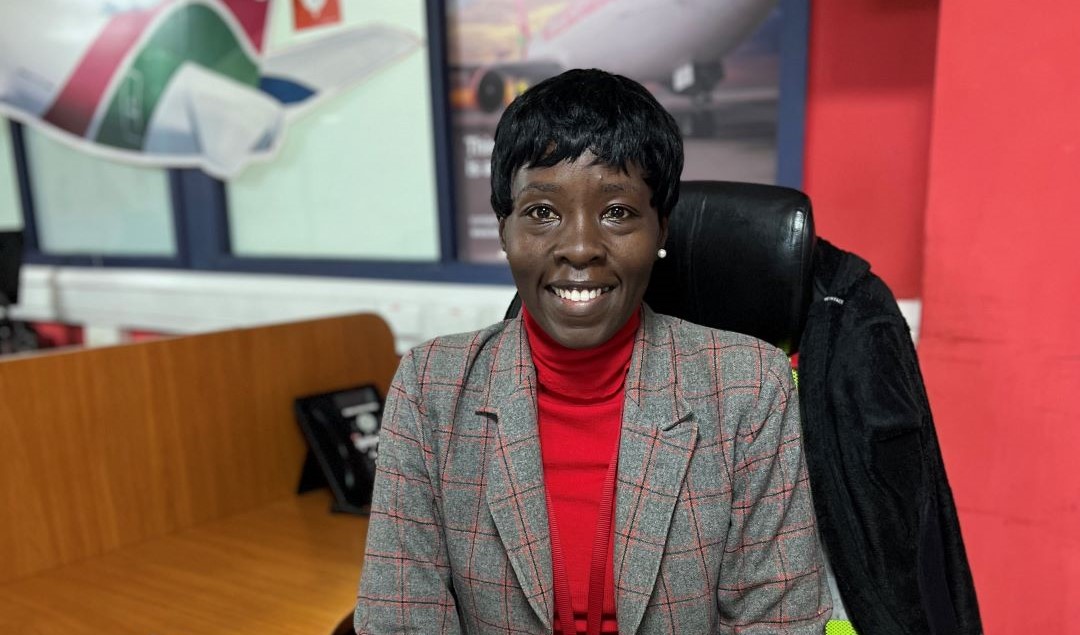
All she talks about on her work phone is about dead people. And when those dead people will be sent home to rest in their final resting place. She talks to men and women at their very lowest. These calls of death come at all hours. When she’s about to start reversing out of the parking lot after a long day in the office. While she’s warming her food in the microwave while standing in the brightly-lit kitchen talking to her child. When she’s in a cafe laughing with a friend over coffee. Almost all the numbers that show on her phone are unknown, and she picks up all of them. And when she absolutely cannot, she returns all of them. Because those calls belong to people in pain, people trying to find meaning in loss. These people almost always ask one or two questions; “Is this Lois? Or, how much does it cost to fly a body to [Insert a town].
These are people who lost their fathers, mothers, brothers, sisters, uncles, or grandparents. People who have lost their children. They want to start on the arrangements of their final journey; a most difficult journey fraught with great anguish, confusion and emotion. Lois' job at Kenya Airways is to handle human remains but since those words are ugly, they reduce their efficacy to an abbreviation: HUM.
Technically, human remains on a plane are treated as cargo. Technically.
Because nobody wants to think of their loved ones as cargo. And so Lois’s role, in this process, has to be delicate and sensitive. “It’s a tough and emotional journey,” she says. Sometimes people shout at her over the phone because they want a place to dispose of their pain. Sometimes they break down and cry, exhausted by grief, the planning and the politics that sometimes come with African funerals.
“And you have to be both empathetic and patient, because these people are not themselves at this point, they are altered by pain and grief.”
Lois knows a bit about being altered by grief and pain, being a widow and having had to pick up the pieces after her husband died in 2008. “I was in the car with my daughter when I got that call, she was only eight. I kept stopping to look for a bathroom because my body was in shock and I didn’t want to give away anything to my daughter. Eventually, she turned to me and asked, “Is my daddy dead, mom?”
The following year, her mother died. She died in Arusha, “and the process of getting her body here was lengthy and exhausting, so many things to do, to consider, on top of taking care of my father who was immobilised because of the loss, and dealing with the numbness I was feeling.”
So she understands this journey of moving a departed loved one back to their people.
So when they call, she first tells them that she’s very sorry for their loss. She then sends a list of things they need to know. That the airline accepts the body through approved funeral homes. They are five. She sends them the list on WhatsApp. She advises them that to ensure compliance they should provide certain documents during the check-in process on the departure date: Death notification, a letter indicating the cause of death from hospital, an embalming and packaging certificate from the funeral home, passport/ ID copy of the deceased and ID copy for the shipper who will check-in the body. Then casket dimensions.
That is what Lois does, by the book, what is expected of her as a professional. Then there is what isn’t in the book. What is human, like sending condolence cards. Asking the crew to upgrade family members to Business Class, if possible, “because this is a tough journey and you want it to be marked by generosity and care.” Like going to the funeral home when the remains are being removed to help sort out arising bottlenecks. “Sometimes the family has disagreements during this process and tempers flare so I have to come in and call interested parties to bring peace.” And then after the burial, she has to send a message or call and wish the family healing. Mostly, simple words offer great comfort, words like, “how are you? Do you need anything?” Nobody teaches you to be human. You retrieve it from your heart.
Related news
06 Sep 2023
In the busy world of air travel, Lois stands out for her unique role at Kenya Airways. She spends her days talking about a topic that most would rather avoid: death. Lois handles human remains, ensuring that loved ones find their way back to their final resting place with care and compassion.

02 Nov 2023
The big bird brings with it a mixed bag of chaos. Just before dawn, when the darkness of the night is about to start rising, Jomo Kenyatta International Airport (JKIA)’s Terminal 1A can be so quiet it feels like an apocalypse happened. There are birds in the air approaching the airport in various intervals; KQ 479 from Kigali, KQ 311 from DXB, KQ 117 from AMS, KQ 535 from LOS, KQ 115 from CDG, KQ 509 from ROB.
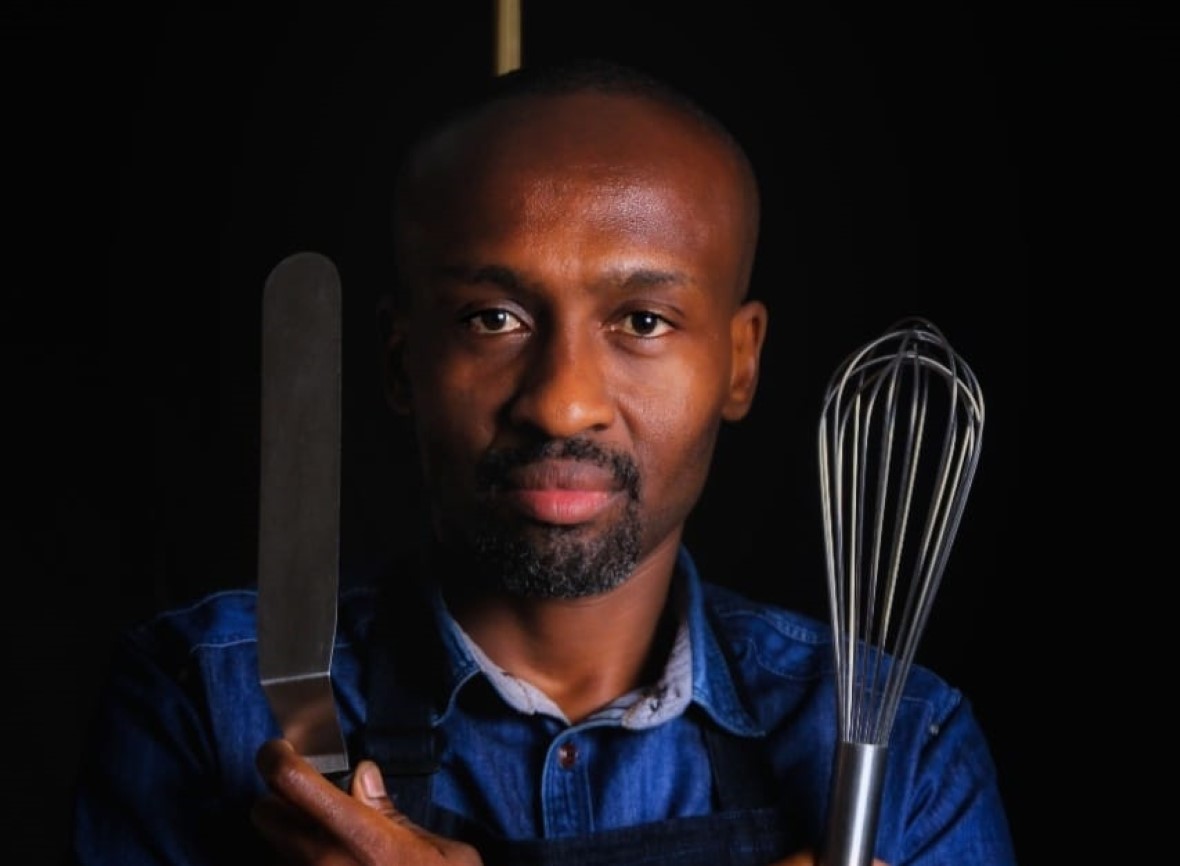
01 Sep 2023
Eric is a flight purser and a talented baker. He shares his journey with us. How long have you been a baker and how did you decide to be one? I have been baking most of my life as soon as I could hold a wooden spoon…but seriously I got bitten by the baking gauge after home science in upper primary school and would experiment with my mum’s cooking pans, sand and a charcoal stove over the holidays. I ruined many a sufuria in my mum's kitchen this way and broke a stereotype. The Meru community I come from abhors boys cooking and more so in their mothers’ kitchens.

01 Sep 2023
Let's talk about music. Firstly, do you have a stage name and what's the meaning behind it? Pesh GoG is my stage name. My name is Peninah and short for Peninah is Pesh. I am a born-again Christian; my identity is in Christ. I am a daughter and a girl of God thus the Abbreviation, GOG- Girl of God which makes up part of my stage name “Pesh GOG”. My Music is available on YouTube and Boom play as Pesh GoG.
